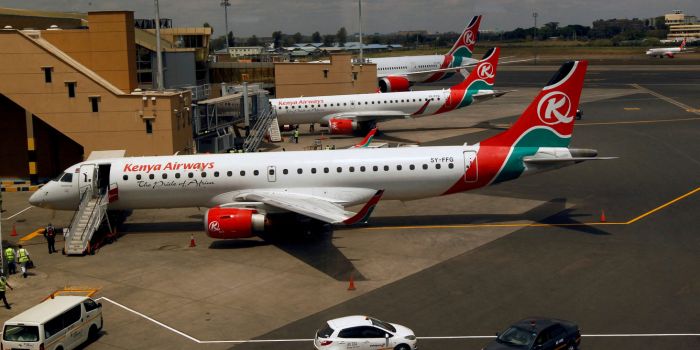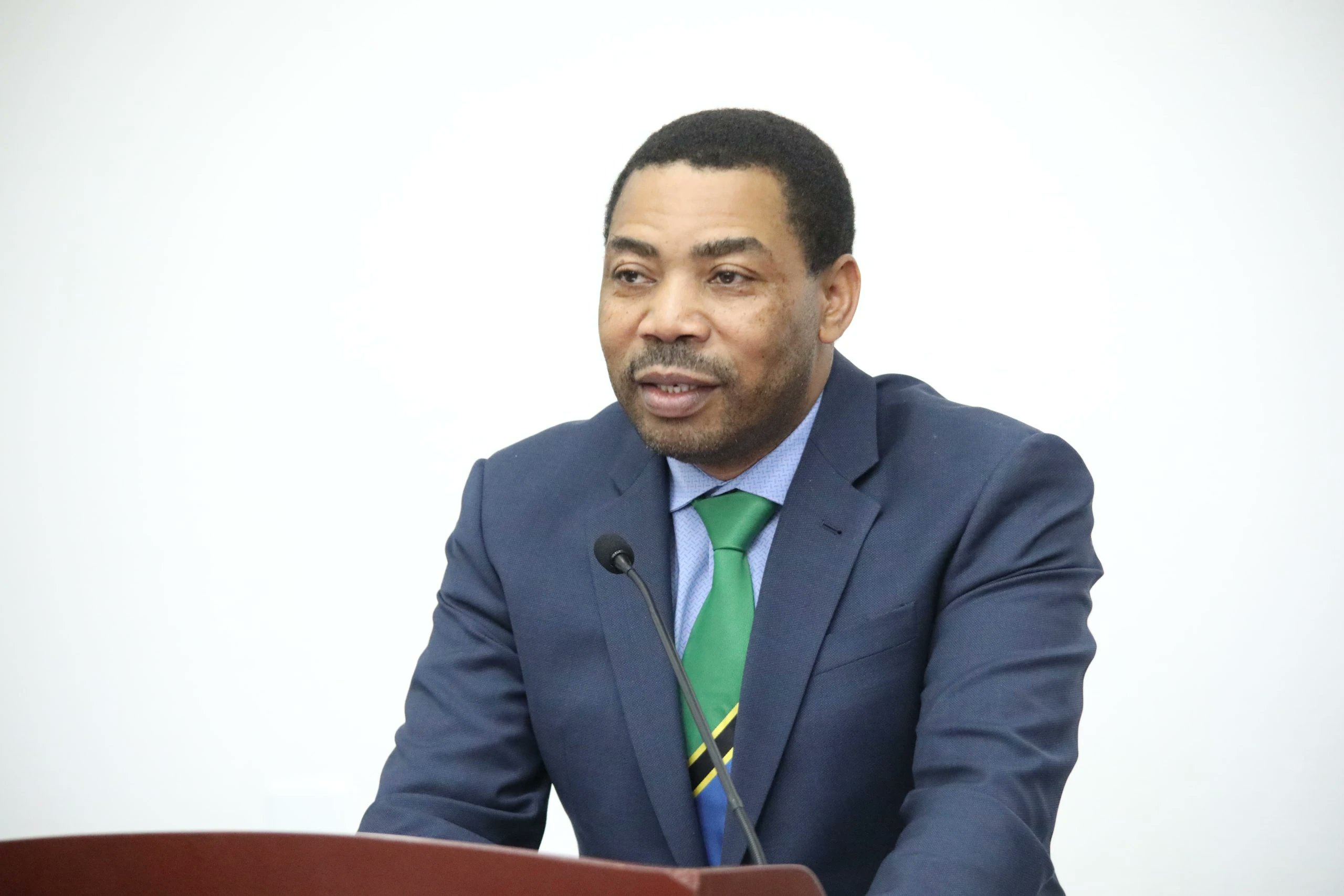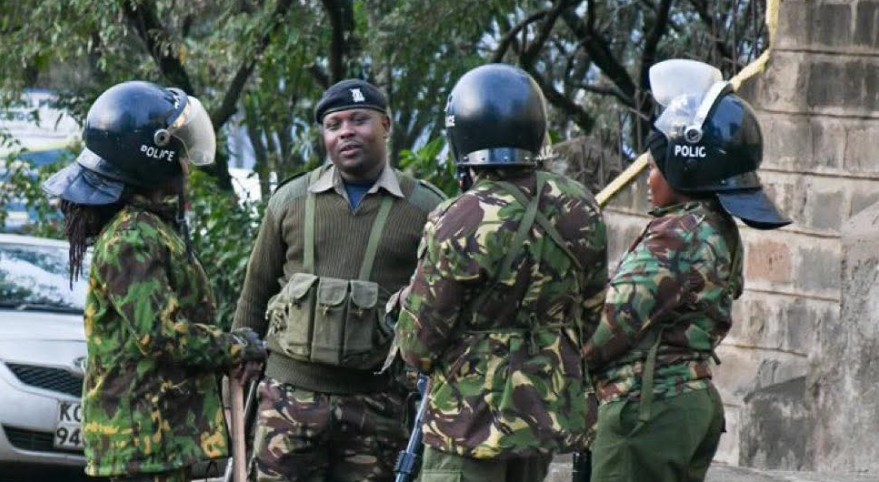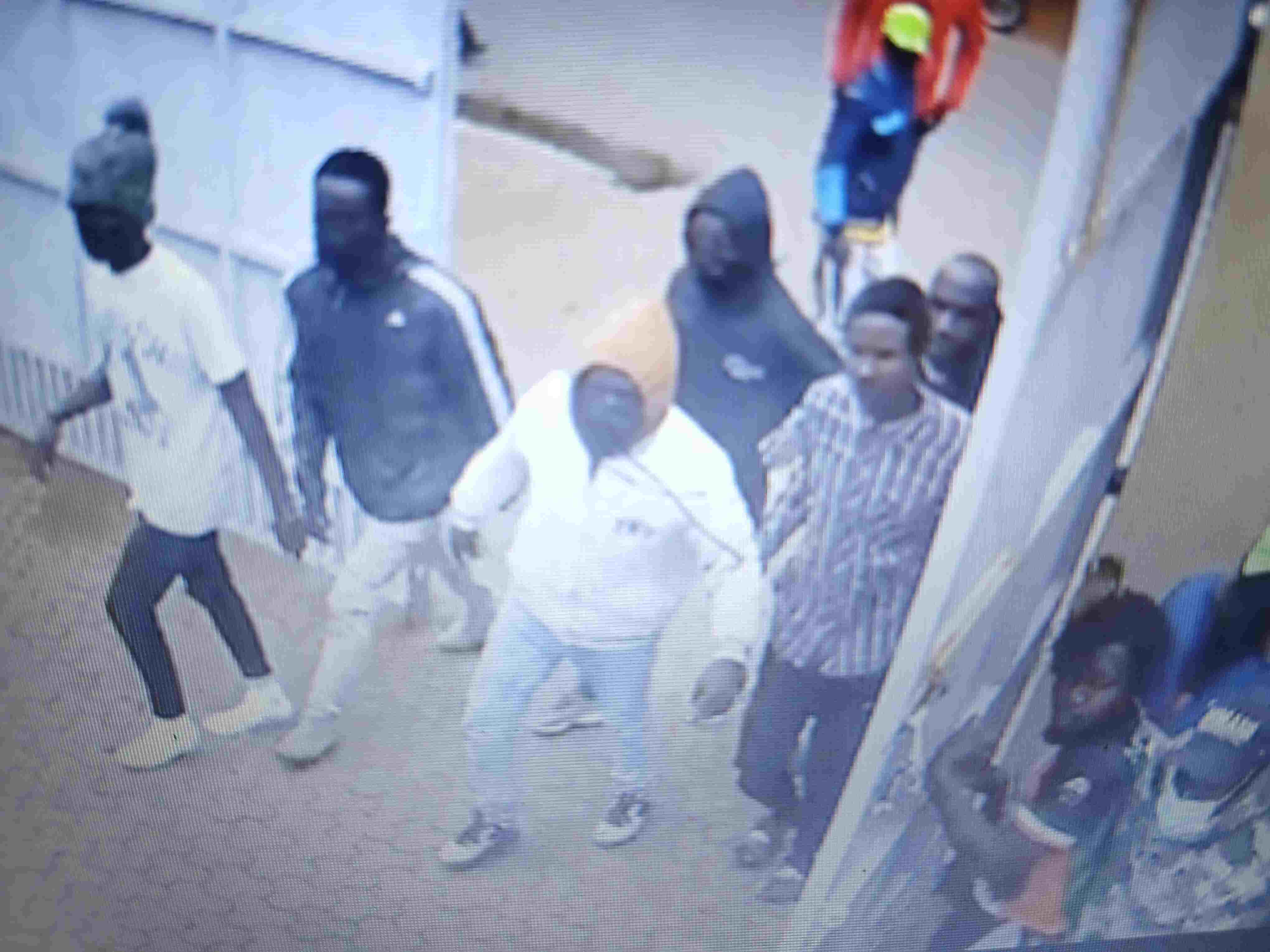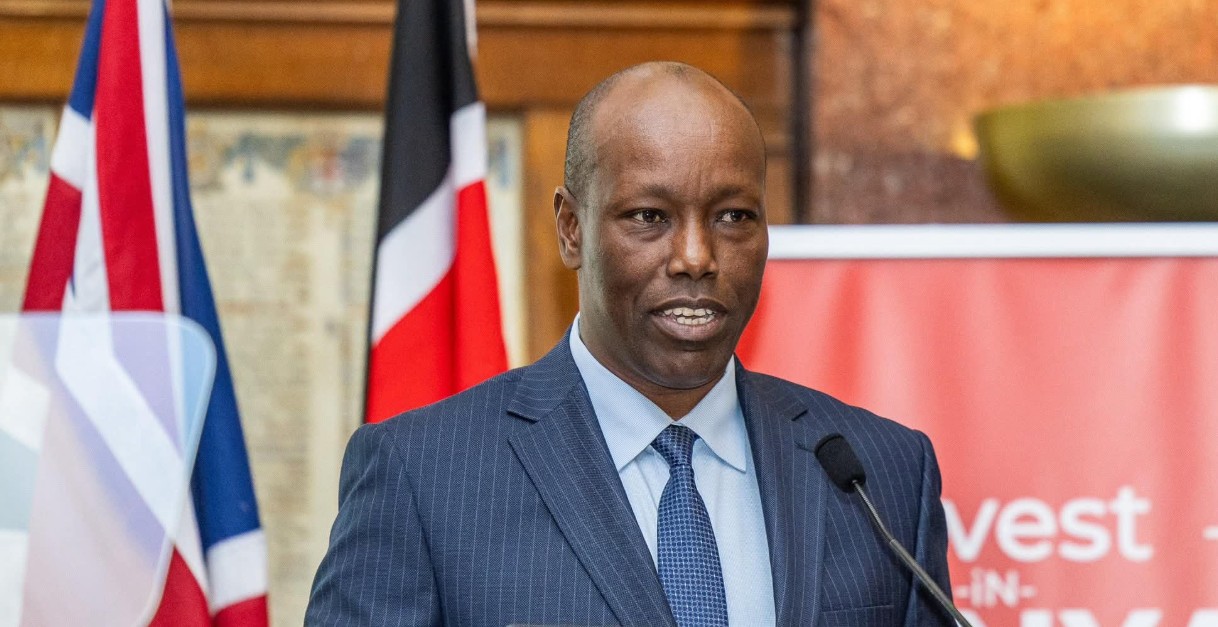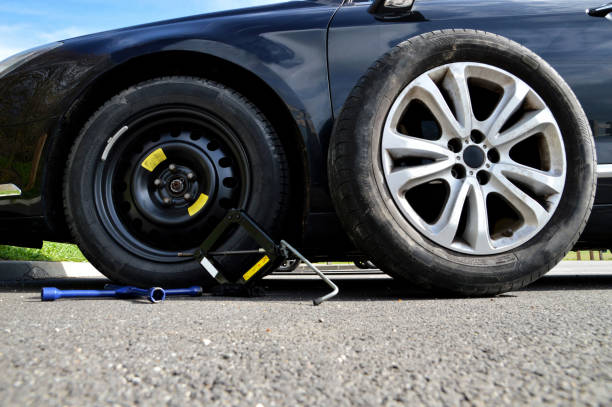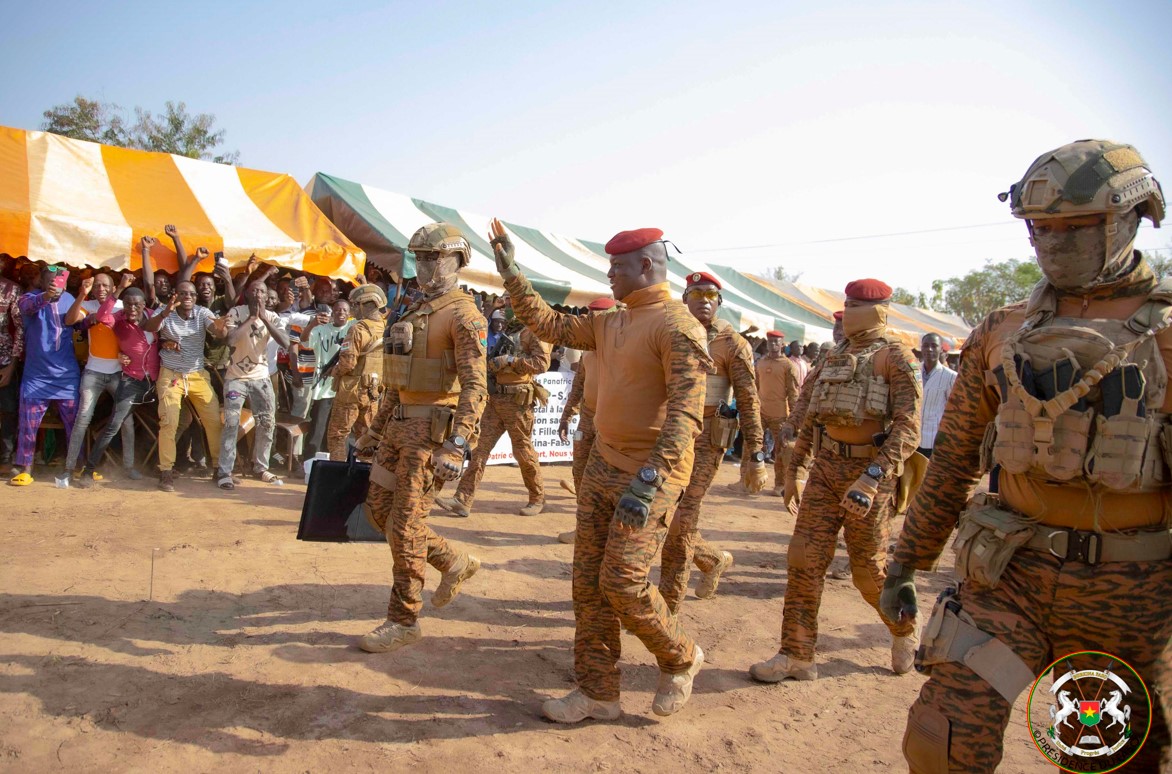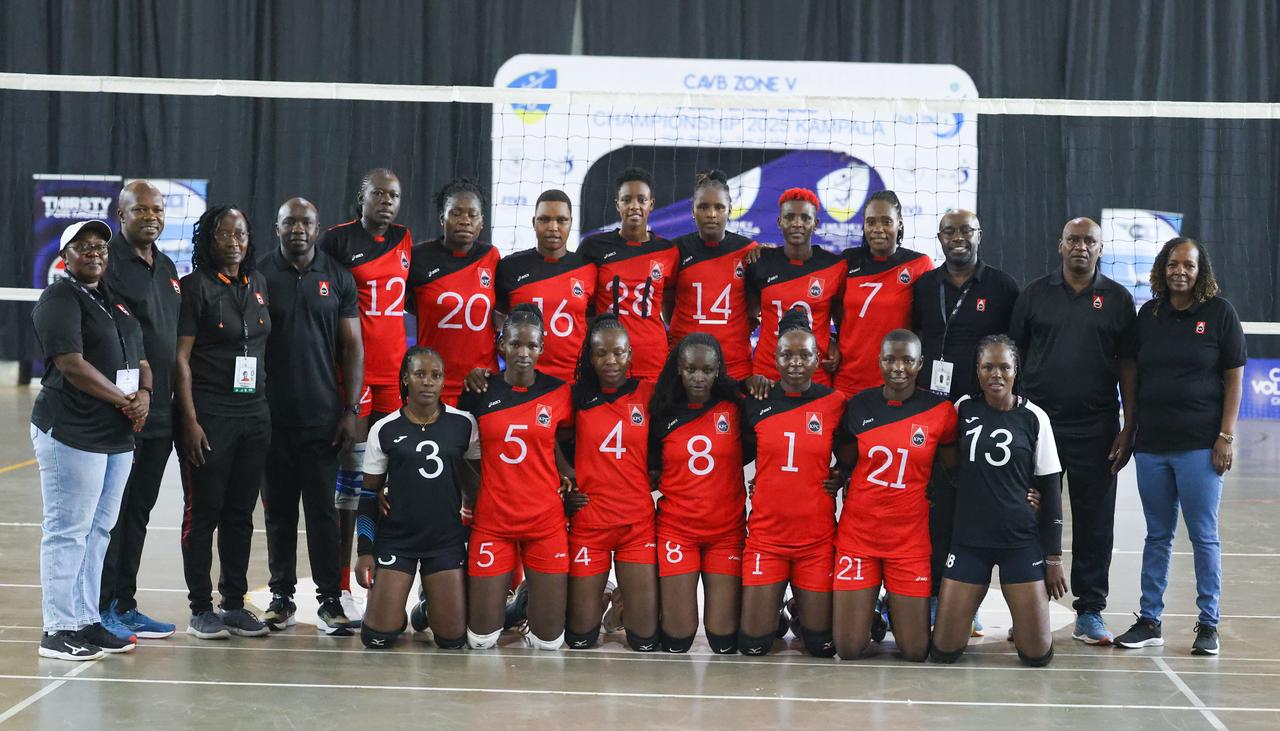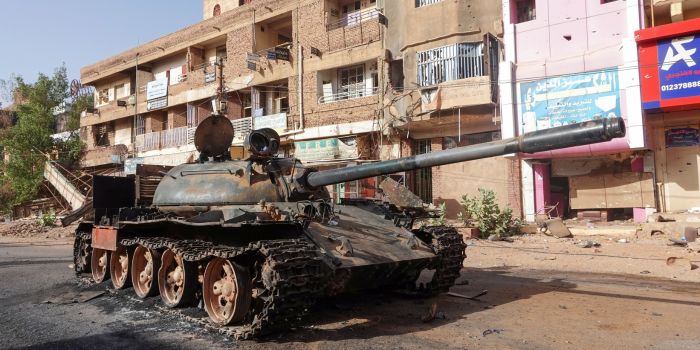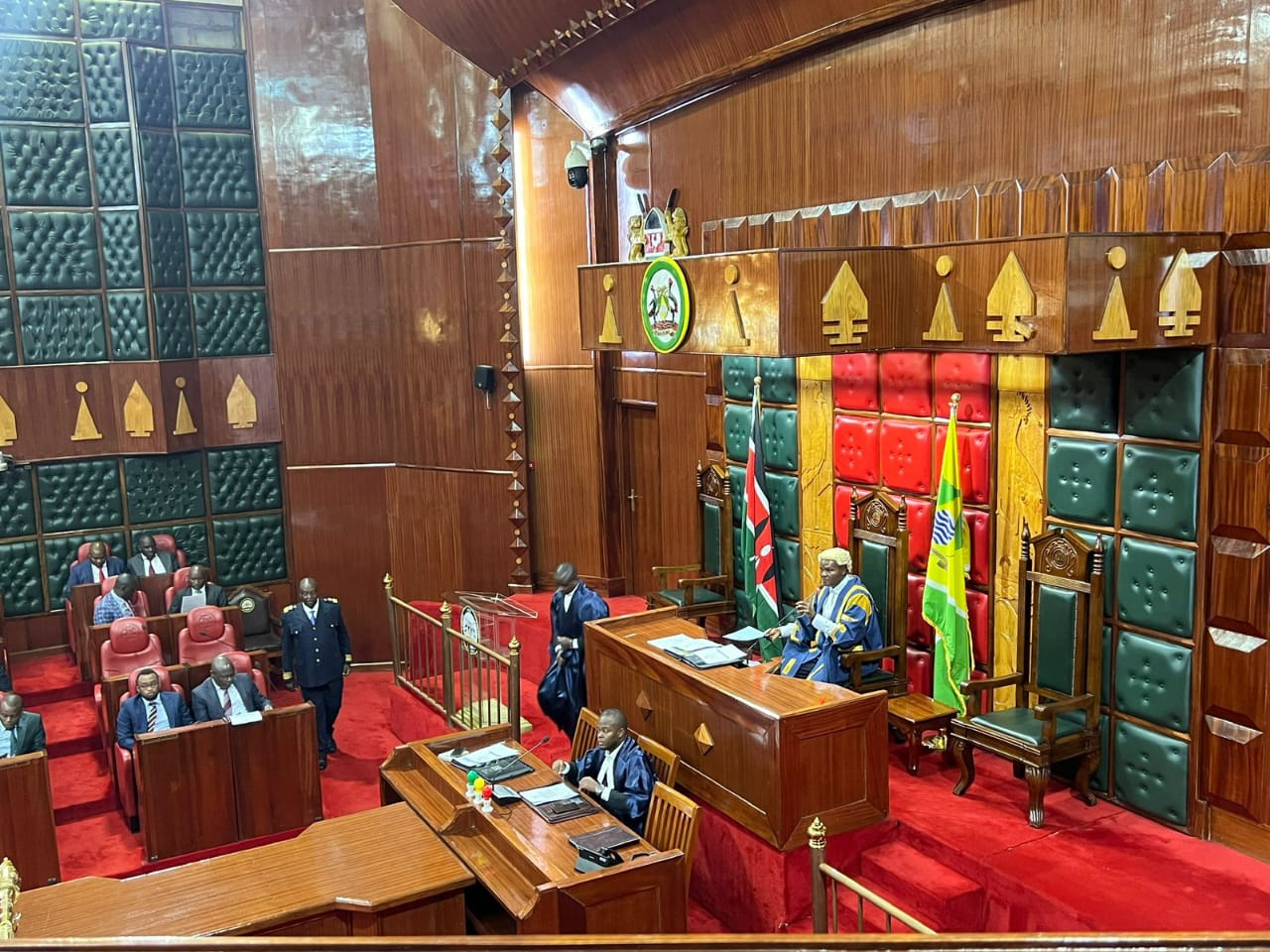Amnesty and ICJ call for ban on plainclothes officers and unmarked vehicles in protests
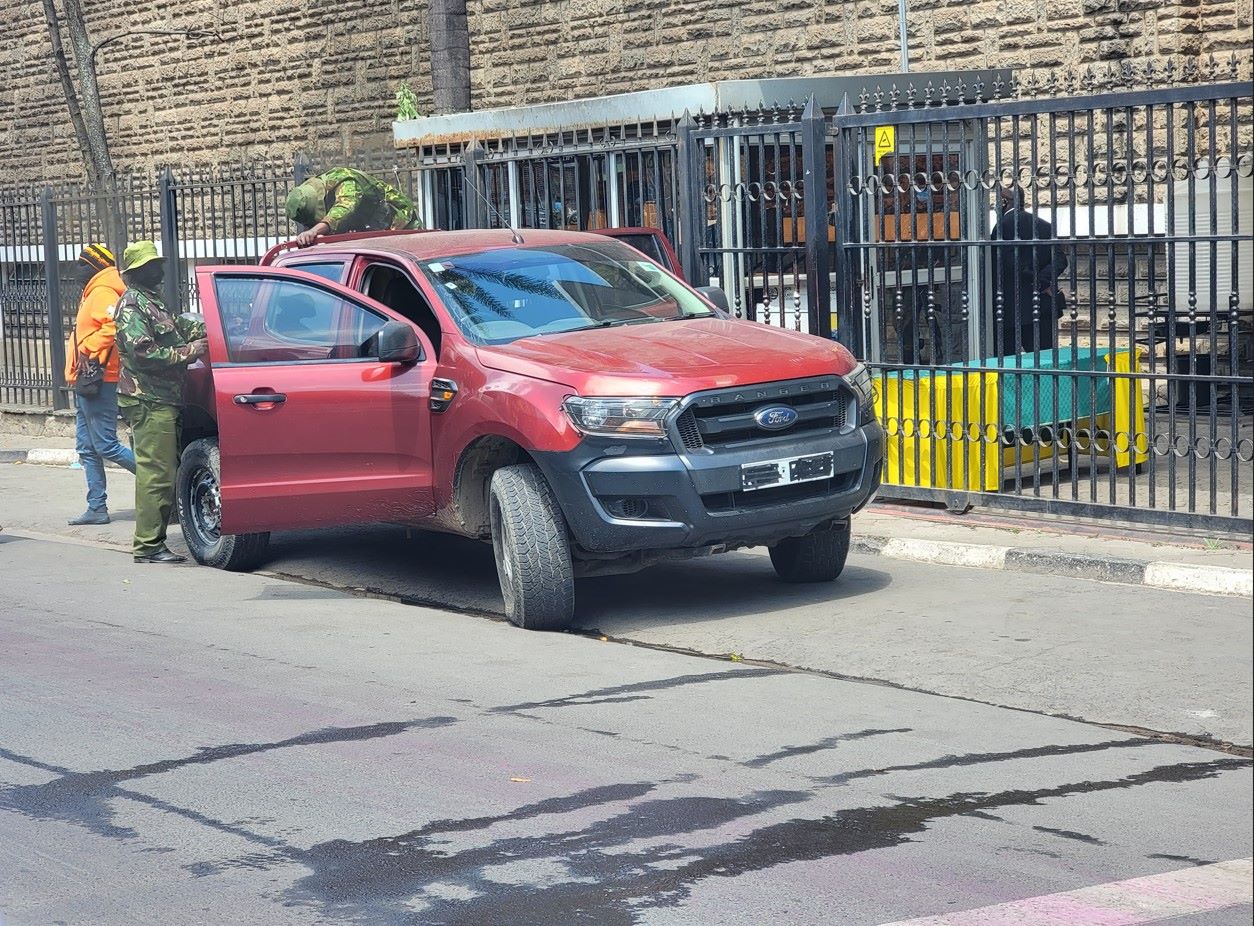
Kenyan law requires officers to be in uniform, publicly show their names and service numbers, and be transported in cars with licence plates.
Amnesty International and the Kenya section of the International Commission of Jurists (ICJ Kenya) have demanded the immediate removal of all plain-clothes security officers and plate-less security vehicles currently deployed to provide security during the anti-Finance Bill protests.
The organisations said following the deployment of military forces on June 27 to support the National Police Service, they had documented soldiers and police officers in plain clothes arresting protesters and bystanders and bundling them into unmarked vehicles, against the Constitution.
More To Read
- Amnesty International slams DRC-Rwanda peace deal for ignoring war crimes accountability
- Kenya’s June 25 protests reveal Gen Z-state rift amid crackdown, media censorship
- Over 1,000 national ID cards destroyed in fire during protests in Ol Kalou
- Businesses reeling: Nairobi faces massive losses after June 25 memorial unrest
- UN urged to condemn death penalty for drug crimes as executions surge
- Mudavadi defends state’s handling of June 25 protests, slams foreign envoys ‘for overreach’
Kenyan law requires officers to be in uniform, publicly show their names and service numbers, and be transported in cars with licence plates.
"Without this, it will be impossible to distinguish between law enforcement officers and violent thugs or opportunistic criminals," they said in a joint statement on human rights-based guidelines on the deployment of the Kenya Defence Forces.
The organisations reminded KDF and NPS that they were bound by Kenya's Bill of Rights and International Human Rights Law, condemning the unlawful dispersal of peaceful assemblies, arbitrary arrests of protestors, and their mistreatment, including being stripped semi-naked by security forces.
"...Laws of Kenya have not been suspended and Kenya is not in a State of emergency. The current situation should not be interpreted as a conflict," the release noted.
Though they acknowledged the court's order affirming the government's choice to deploy the military, they argued that the deployment to control public order and enforce the right to assemble was unprecedented and violated international human rights law and standards.
"...It is critical that the President announces who bears command responsibility for the military deployment, what protocols guide this mission, and the mechanisms and telephone numbers that members of the public may use to file complaints".
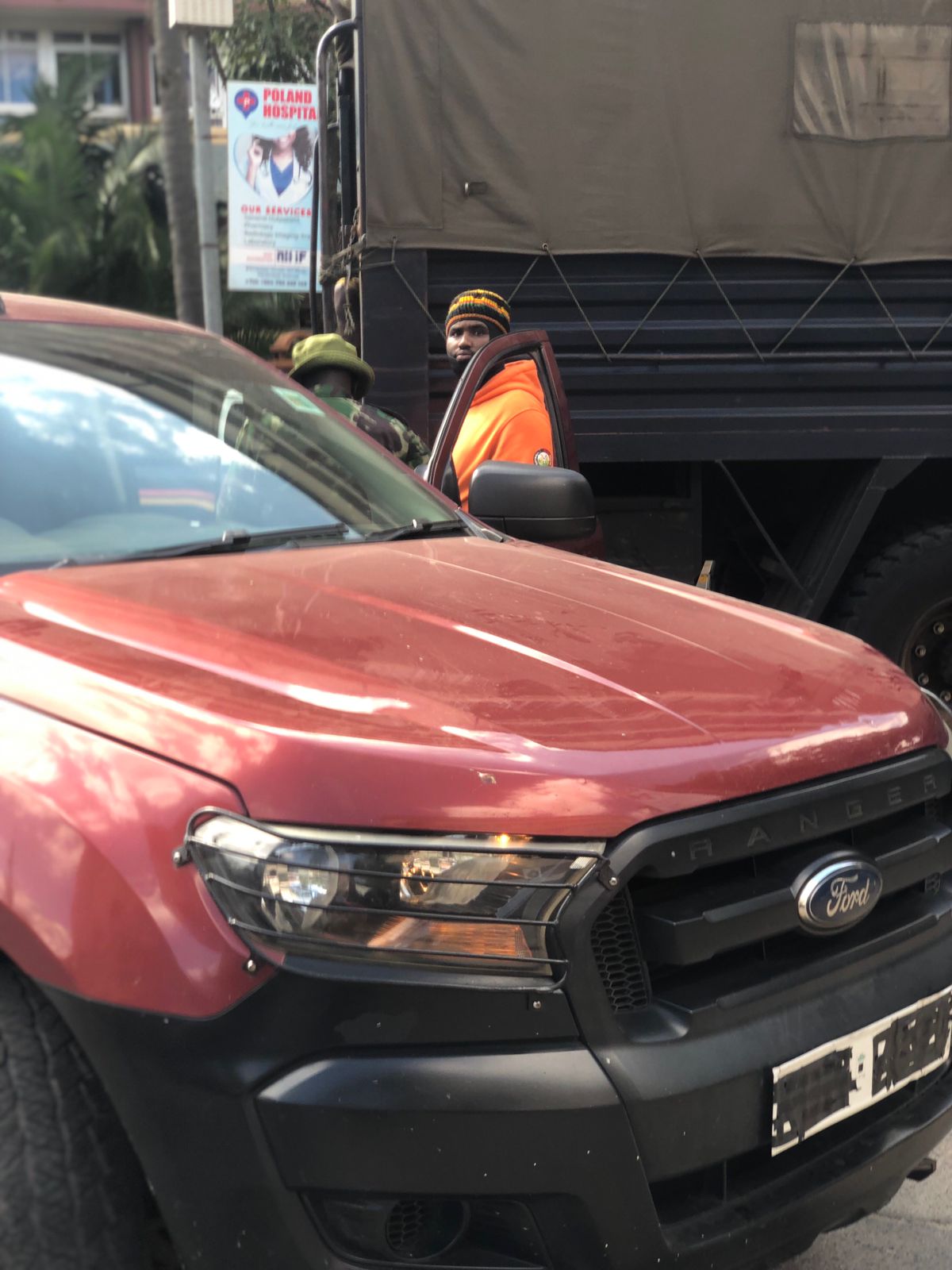 One of the unmarked cars used by police and a plainclothes officer during the anti-Finance Bill protests. Photo: Hafsa Hassan, EV.
One of the unmarked cars used by police and a plainclothes officer during the anti-Finance Bill protests. Photo: Hafsa Hassan, EV.
High Court Judge Lawrence Mugambi on Thursday declined to nullify the deployment of the military and gave the government two days to publish another gazette notice with details on where KDF is deployed, the scope of what the soldiers will be doing and the duration of the deployment.
The security officers, the organisations said, must respect Article 29, Article 37 and Article 39 which protect citizens against arbitrary arrests, abductions and enforced disappearance, the right to peaceably assemble, demonstrate, picket and petition and freedom of movement and association respectively.
"Police and military officers must exercise precaution and restraint and not use unnecessary or disproportionate force. Any force that involves a high likelihood of lethal consequences, particularly the use of firearms, may only be used to protect against an imminent threat of death or serious injury," they noted.
The organisations said though the army was not within the purview of the Independent Policing Oversight Authority (IPOA) Act, they must be placed under the command of the law enforcement authorities as supporting the police renders them accountable under the Constitution.
They also urged the Office of the Director of Public Prosecutions to thoroughly review the charge sheets of the arrested demonstrators to prevent criminalising nonviolent protests.
Top Stories Today

